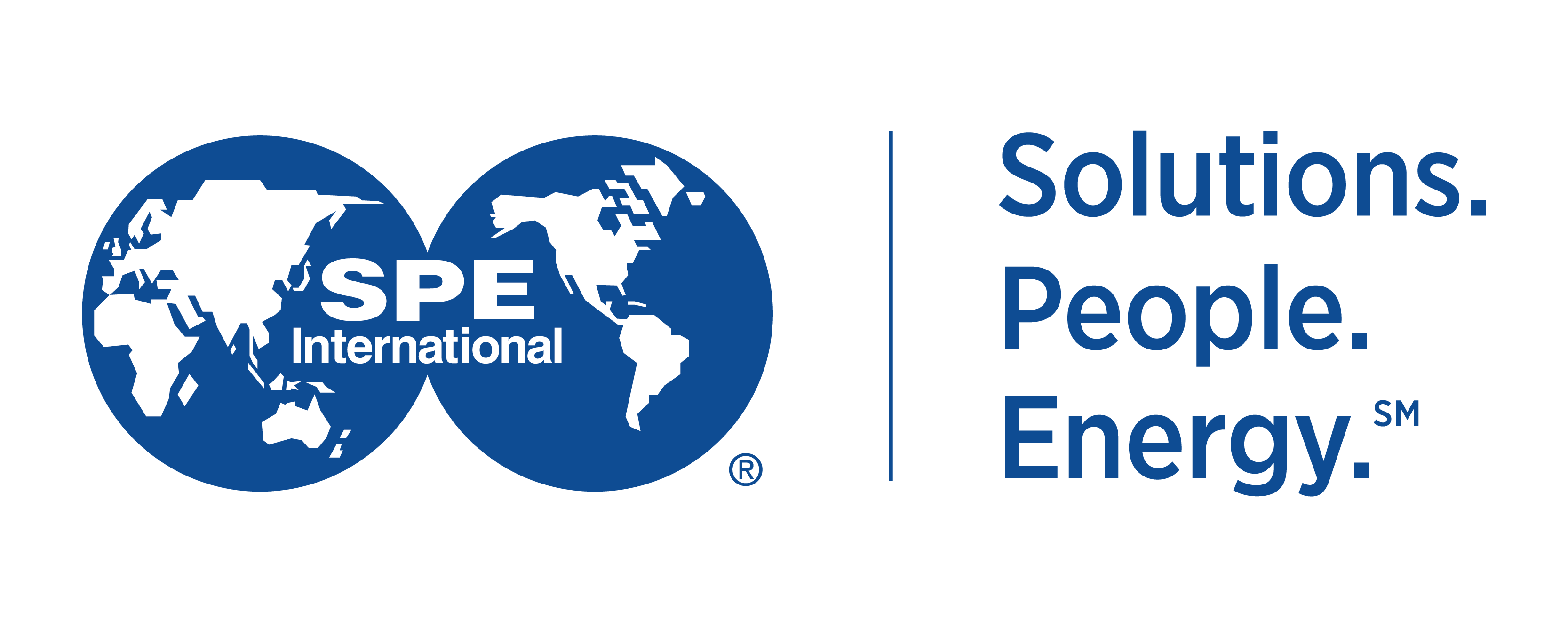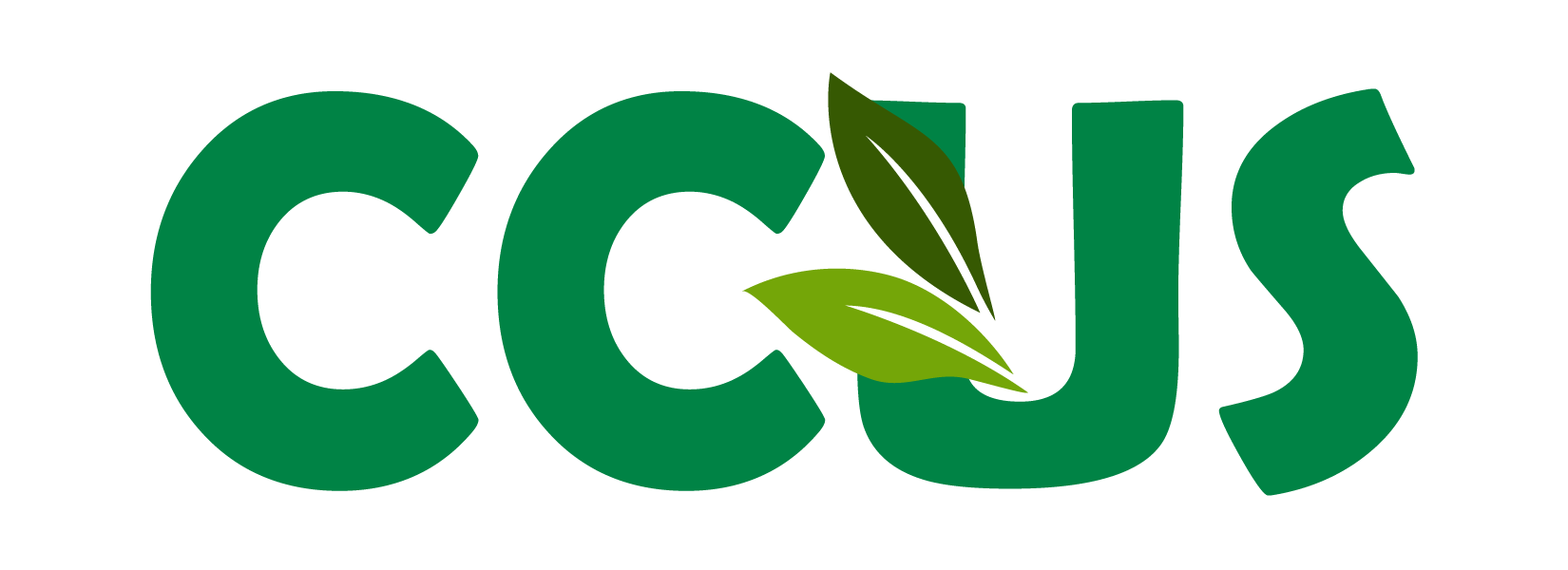This course covers the design of well tubular systems (casing and tubing/completion) for CO₂ injection operations, focusing on CO₂ mixtures with impurities. It begins with an introduction to Carbon Capture and Storage (CCS), providing an overview and addressing the potential challenges posed to tubular systems. A dedicated section explores the simulation of CO₂ injection and related operations, aiming to obtain pressure and temperature estimations for tubular design. It briefly describes the Equations of State (EOS) used for flow assurance analysis, highlighting their limitations and appropriateness. Key topics in this section include chokes, multiphase flow, and injectivity.
Participants will receive a refresher on tubular stress analysis, covering typical loading conditions related to pressure and temperature effects in a well. The course then focuses on the specifics of designing tubulars for a CCS environment, examining CCS loading conditions for casing, tubing/completion, and connections. It also discusses the selection of appropriate materials and connections and currently adopted mitigation strategies to reduce the thermal effect on wellbore outer fluids and casing strings. Current standards for CCS well design are illustrated and discussed.
Additionally, a workflow for designing tubulars in CCS wells is outlined. It starts with existing methods for flow assurance and tubular design/verification, where data from flow assurance simulations is transferred to tubular stress analysis. The workflow then advances to integrated solutions that streamline flow assurance and tubular stress analysis into a single approach.
A CCS well casing and tubing design, including initial flow assurance analysis and loading conditions, will be illustrated as an example. Overall, this training aims to equip participants with the knowledge and skills needed to design and manage well tubular systems effectively for CO₂ injection, ensuring both safety and efficiency in CCS projects.




 Ruggero Trevisan has been Vice President-Europe at Altus Well Experts since August 2015, following his tenure as Senior Engineer from October 2009 to August 2015. Specialising in well design, Ruggero focuses specifically on tubular analysis and verification. He brings extensive consulting experience, having served various operating companies such as TotalEnergies, ConocoPhillips, Shell, bp, Equinor, ExxonMobil, Maersk, Hess, Chevron, Chrysaor, Harbour Energies, JX Nippon, LLOG, Murphy, Talisman, Tullow Oil, Oasis Petroleum, Premier Oil, Baker Hughes, Sakhalin Energy, Woodside Energy, Ormat, PDO, NCOC, KPO, and Storengy. Ruggero's consulting expertise spans drilling and tubular design in oil and gas, deep water applications, HPHT environments, CCS, and geothermal well design. He has conducted numerous advanced tubular design courses and authored casing and tubing manuals for various operating companies. Ruggero is a co-author of several technical papers and journal articles focusing on wellbore thermal and tubular stress design and currently serves as an SPE committee member in both the US and Europe. Ruggero holds a MEng in Civil/Geotechnical Engineering from Padua University and an MEng in Mechanical Engineering/Dynamics from Aberdeen University.
Ruggero Trevisan has been Vice President-Europe at Altus Well Experts since August 2015, following his tenure as Senior Engineer from October 2009 to August 2015. Specialising in well design, Ruggero focuses specifically on tubular analysis and verification. He brings extensive consulting experience, having served various operating companies such as TotalEnergies, ConocoPhillips, Shell, bp, Equinor, ExxonMobil, Maersk, Hess, Chevron, Chrysaor, Harbour Energies, JX Nippon, LLOG, Murphy, Talisman, Tullow Oil, Oasis Petroleum, Premier Oil, Baker Hughes, Sakhalin Energy, Woodside Energy, Ormat, PDO, NCOC, KPO, and Storengy. Ruggero's consulting expertise spans drilling and tubular design in oil and gas, deep water applications, HPHT environments, CCS, and geothermal well design. He has conducted numerous advanced tubular design courses and authored casing and tubing manuals for various operating companies. Ruggero is a co-author of several technical papers and journal articles focusing on wellbore thermal and tubular stress design and currently serves as an SPE committee member in both the US and Europe. Ruggero holds a MEng in Civil/Geotechnical Engineering from Padua University and an MEng in Mechanical Engineering/Dynamics from Aberdeen University.
